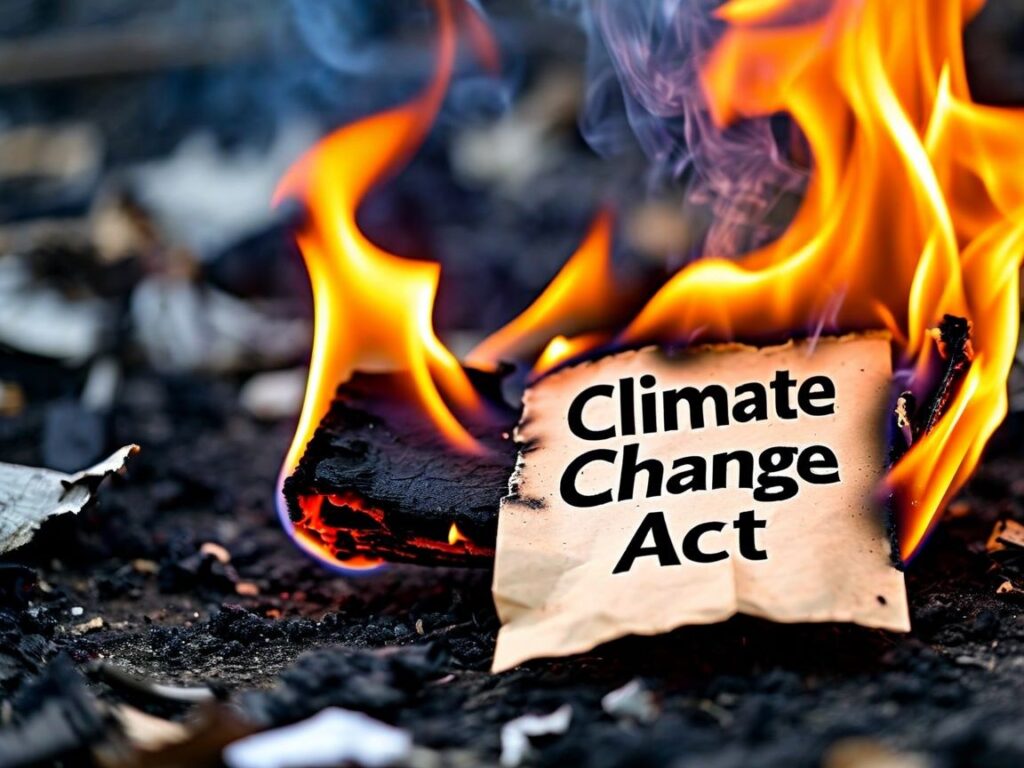Three-quarters of local authorities have declared a climate emergency but according to a report published by Green Alliance, they lack the skills and funding to achieve action.
Local authorities are in a prime position to help accelerate the journey to net-zero because they have wide-ranging powers over elements of housing and transport, two of the most highly emitting sectors.
Therefore, the authors of the report state that unless the government works collaboratively with local authorities on meeting these national climate targets then they will find it very difficult to meet the 2050 net-zero goal.
The report highlights that even the very basic support that central government could be providing to local authorities is absent, including assistance with mapping the emissions within local authorities’ control, providing points of contact with central government and creating a national strategy.
Green Alliance interviewed 12 local authorities, who spoke anonymously about the difficulties they are facing in meeting their climate commitments.
One council representative said: ‘Around £1.5 billion is what’s needed, which is all of our discretionary spends between now and 2030. If we spent only on this and we did nothing else, then we’d be able to fund it.’
Another representative said: ‘Our ambition was to be green but, in practice, it was getting more and more difficult because we were having to cut all the non-statutory services.
‘One of the first challenges was as simple as convincing my colleagues that we would protect our very, very, very small sustainability team of two officers and that, if we cut that team, it would be very, very difficult then to bring them back.’
Based on this research, the report calls for a joint approach between the central government and local authorities.
Philippa Borrowman, policy adviser at Green Alliance said: ‘The government is missing a trick when it comes to working with local authorities on climate-related issues.
‘Councils are close to the people, businesses and environments which they serve and our interviews have revealed just how passionate they are to address the climate emergency and do the best for their communities. They will be pivotal in supporting the roll-out of low carbon housing and transport policies and ensuring they work for everyone, in every community.’
Photo Credit – Pixabay












